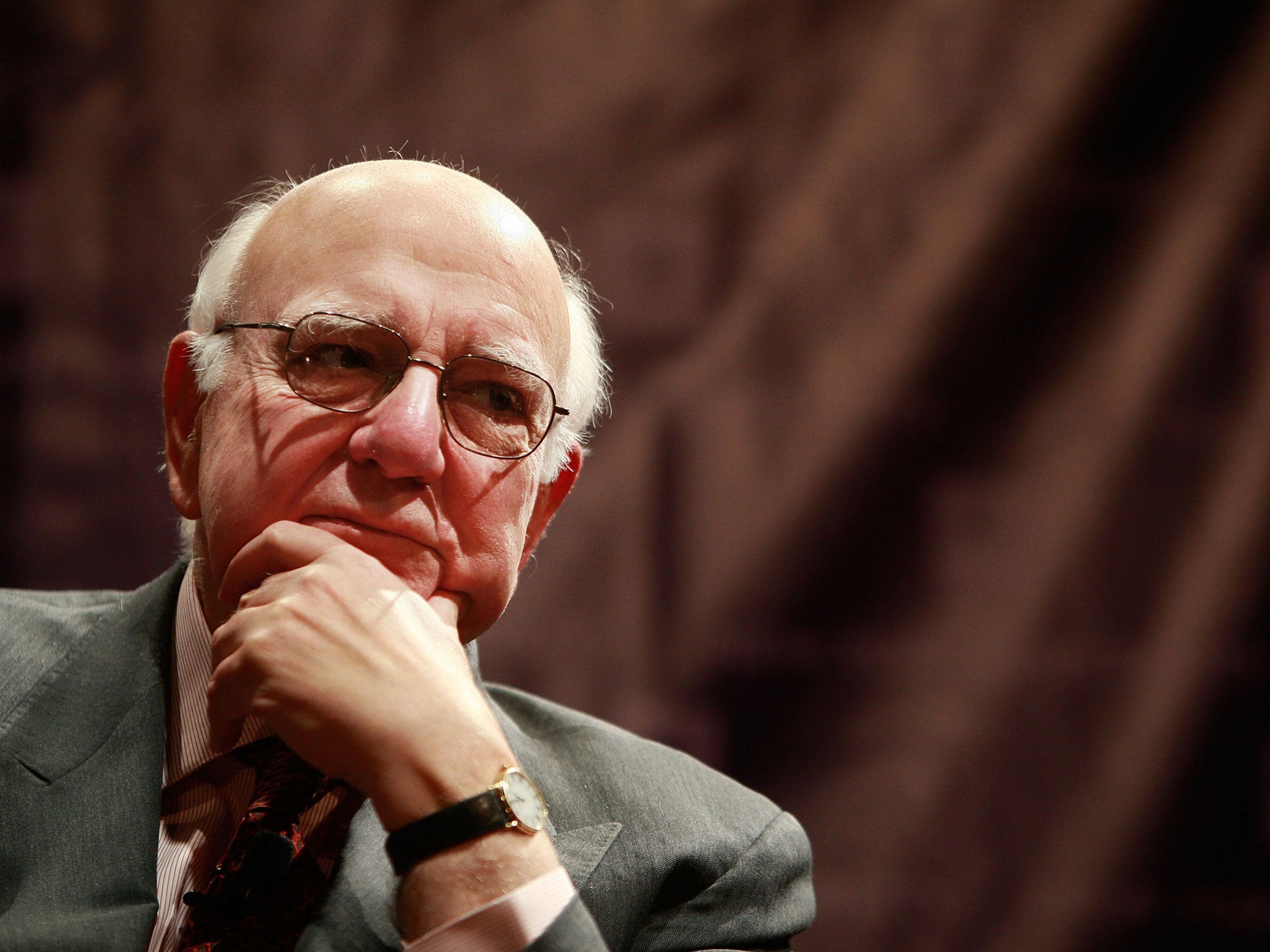I met US Fed chief Paul Volcker and this is what he told me about the future of the world economy
The American economist, who died on Sunday aged 92, is credited for saving the world economy from the runaway inflation of the 1970s. So what would he make of the challenges we face today?

Paul Volcker, who died on Sunday aged 92, was the person who, more than anyone else, saved the world economy from the runaway inflation of the 1970s. It is quite hard now to appreciate the threat that inflation then posed – until you remind people that the retail price index went up by 24.9 per cent in 1975 or how workers went on strike through the 1970s and 1980s to try and claw back the loss of the value of their wages.
Inflation was a global problem, but to an even greater extent than now, the US dominated world finance. If America could get inflation down, the rest of the world would follow. So when Paul Volcker was appointed by President Jimmy Carter to be chair of the Federal Reserve Board in 1979, he was the person who had to take on the task.
He did so by increasing interest rates, pushing the key short-term rate – the Fed funds rate – up to 20 per cent in 1980 and again in 1981. Rates around the world rose too. At the end of 1979 the Bank of England’s base rate was 17 per cent, which meant that anyone who had a variable mortgage rate was paying 18 per cent or more. High rates were part of the cause of the early 1980s recession, but the policy worked. Eventually inflation was crushed, the world economy recovered and by the end of the 1980s it was booming.
Subscribe to Independent Premium to bookmark this article
Want to bookmark your favourite articles and stories to read or reference later? Start your Independent Premium subscription today.
Join our commenting forum
Join thought-provoking conversations, follow other Independent readers and see their replies